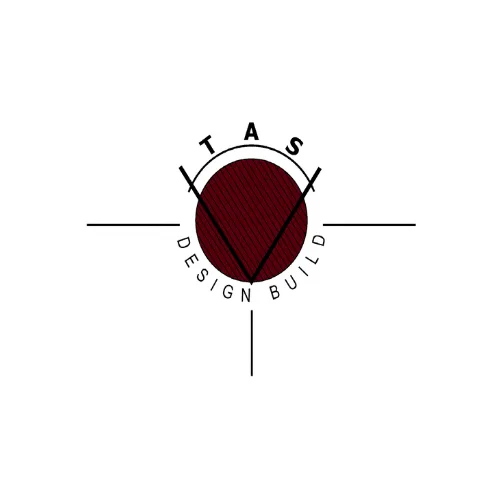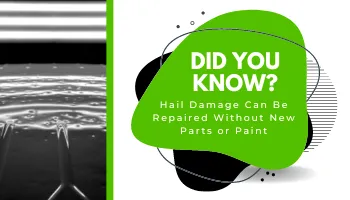A Guide for Architectural Design
Master Planning Services: Creating Cohesive, Visionary Community Spaces
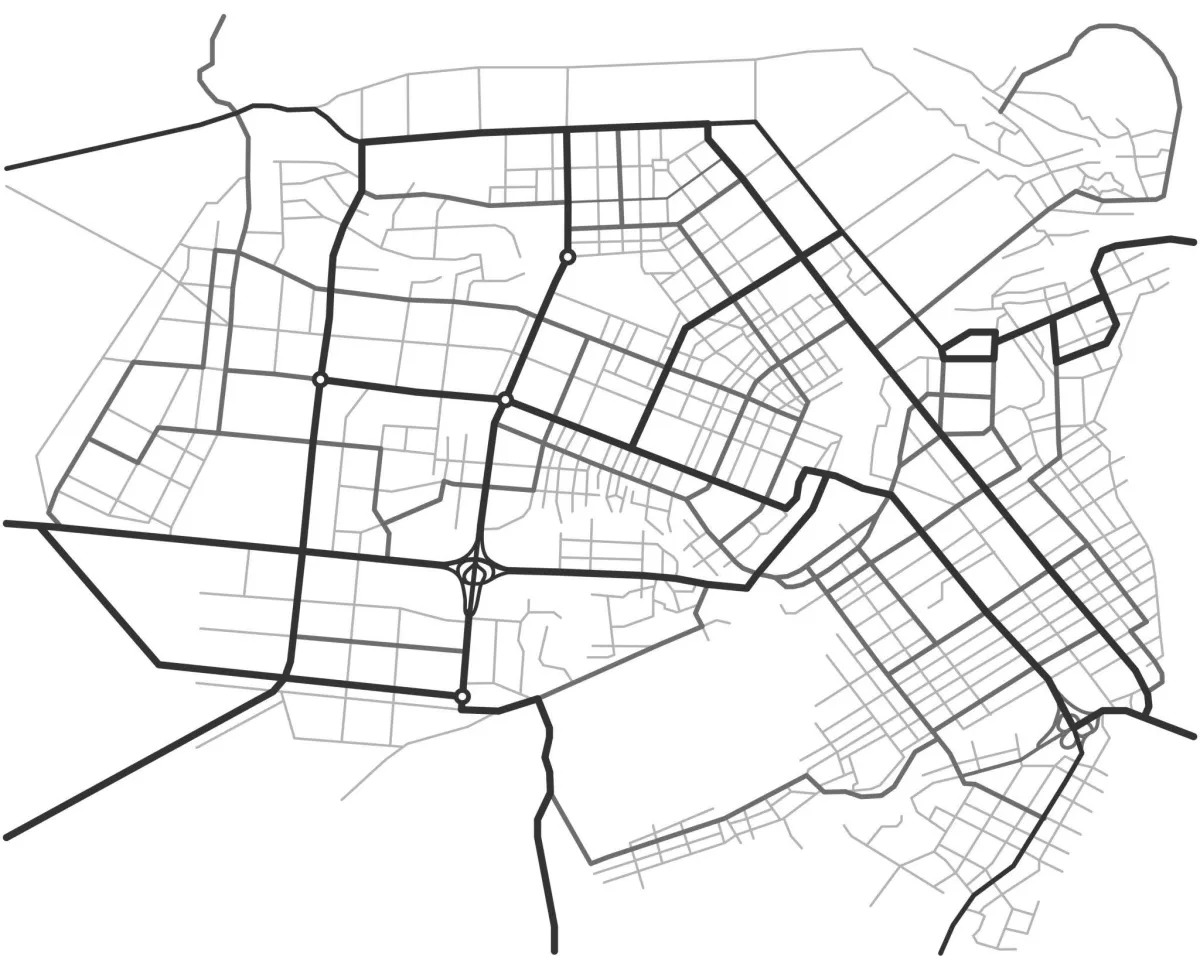
Thinking about how towns and neighborhoods in southwest Virginia grow? Master planning services help make sure homes, businesses, parks, and streets all work together. A master plan is like a roadmap that guides where things should go and how people will use them. In Roanoke and nearby areas, this kind of planning shapes communities for the long term.
What is master planning in architecture?
Master planning is the process of designing an overall plan for a community, campus, or development. Instead of focusing on just one building, it looks at the big picture. Architects, city leaders, and developers work together to decide:
- Where homes and businesses should be built
- How roads and sidewalks will connect everything
- Where green spaces, parks, and public areas should go
- How to support future growth without losing the character of the place
In southwest Virginia, this is especially important because of the Blue Ridge Mountains, rivers, and valleys. A good plan makes sure growth fits with the natural landscape.
Why is master planning important in Roanoke VA?
Roanoke and surrounding towns like Salem, Blacksburg, and Lynchburg are growing. More people are moving here because of the mountains, outdoor life, and schools like Virginia Tech. Without a plan, growth can lead to traffic problems, crowded schools, and loss of green space.
Master planning helps avoid these issues by:
1. Keeping the character of small-town and mountain living
2. Balancing growth with open spaces and natural beauty
3. Planning for water, sewer, and electric needs
4. Making sure new buildings follow Virginia building codes and zoning rules
5. Designing neighborhoods where people can walk, bike, and connect with each other
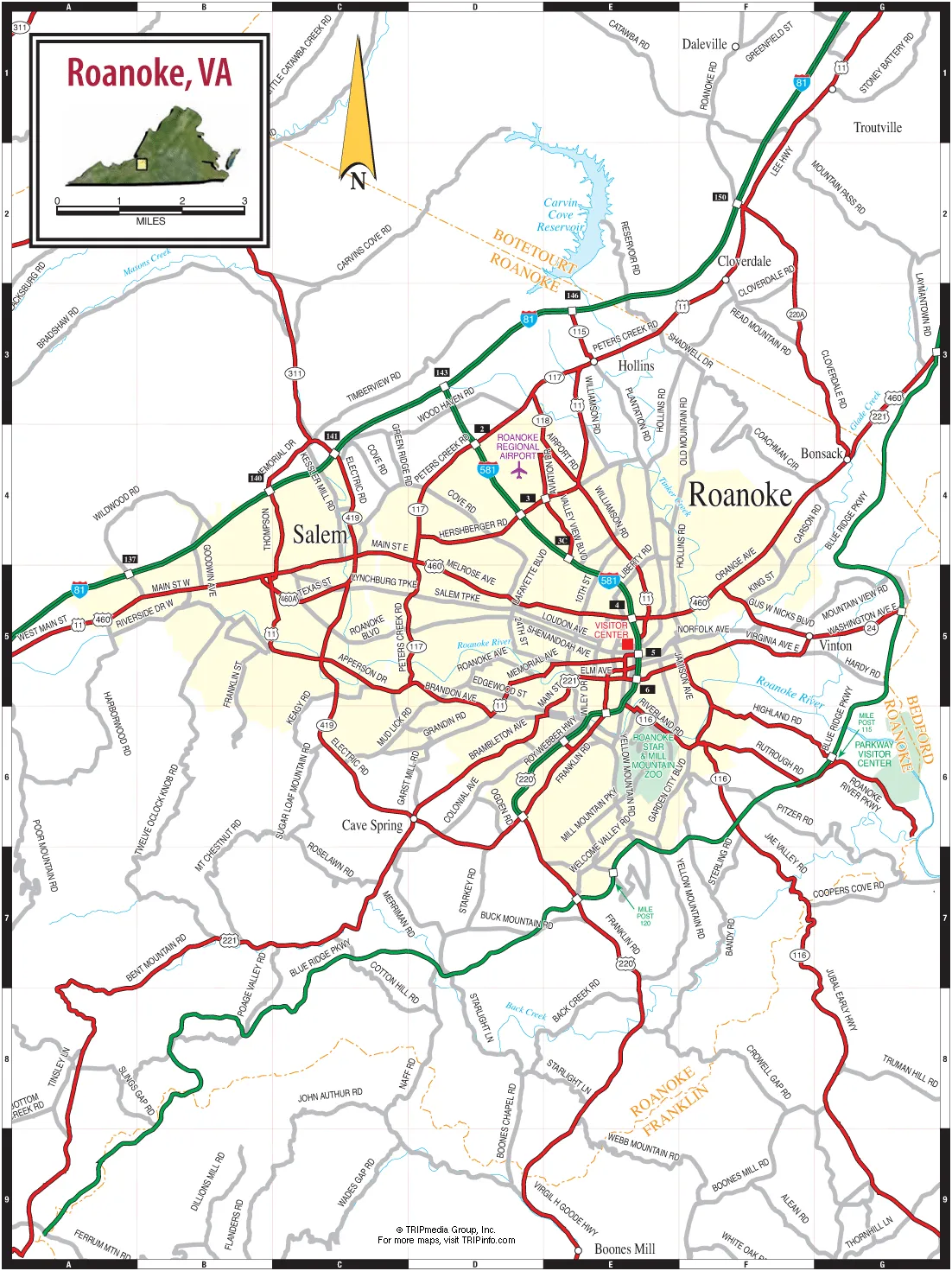
How does the master planning process work?
When TAS Design Inc. works on a master plan in Roanoke, here’s the step-by-step process:

1. Community input
The process often starts with talking to neighbors, business owners, and city leaders. People share what they want and what they don’t want in their community.
2. Site study
Architects study the land. They look at slopes, streams, flood zones, and roads. In the Shenandoah Valley and Blue Ridge Mountains, land can be steep or sensitive to erosion, so this step is key.
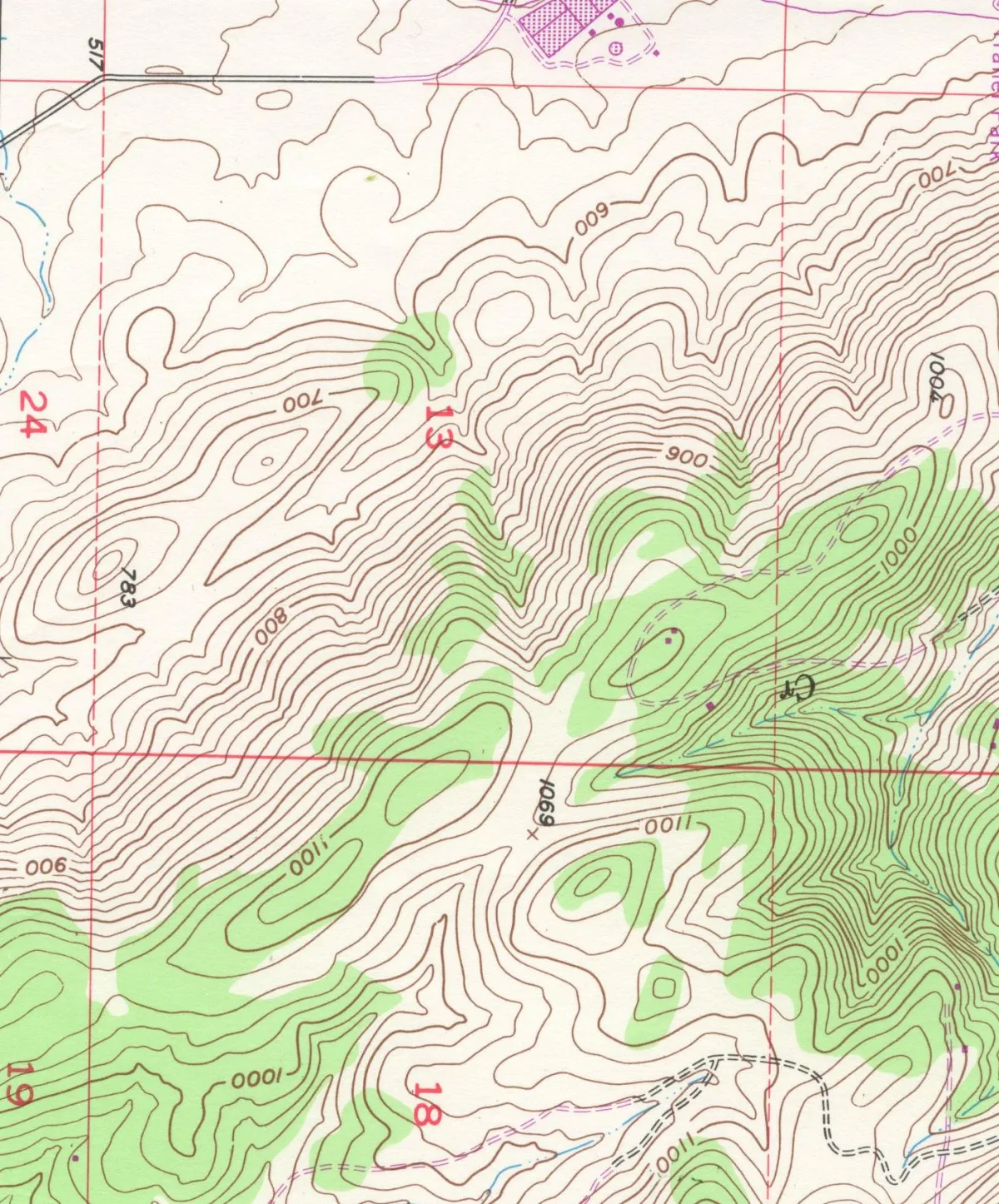
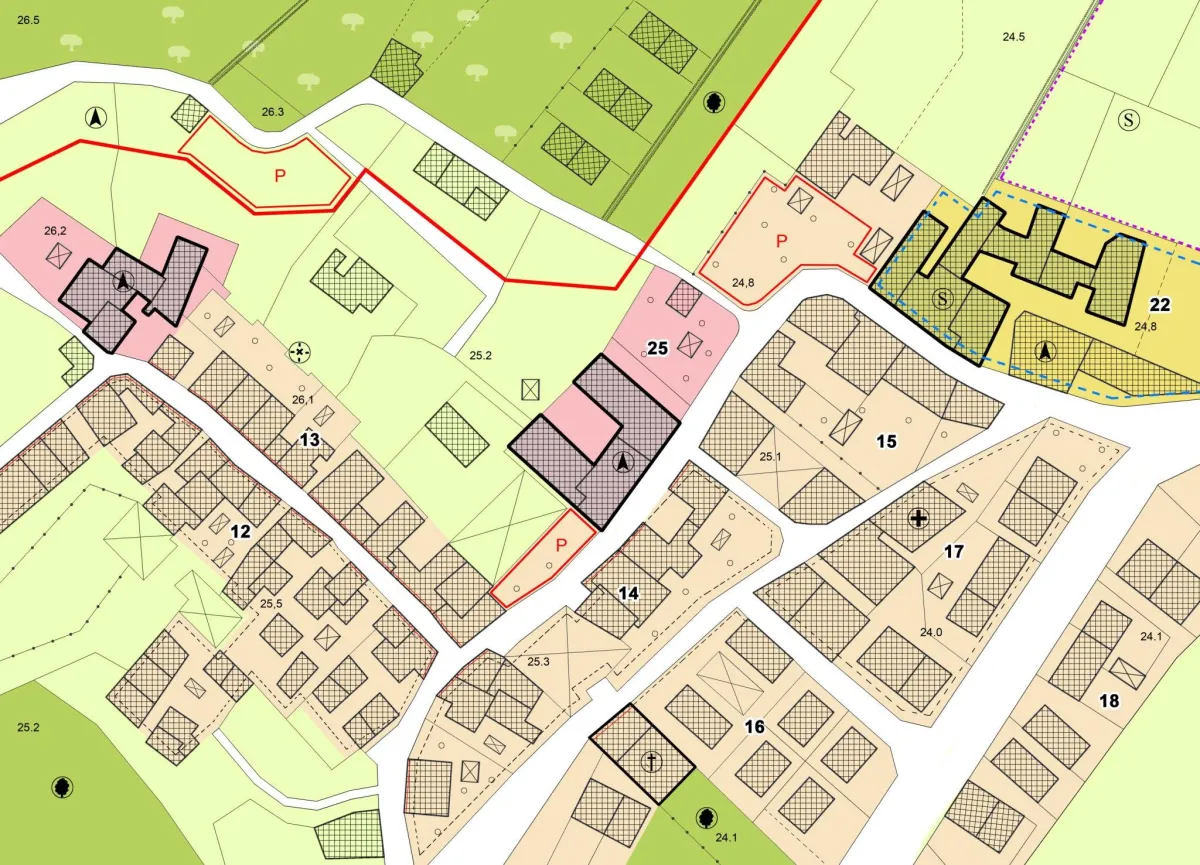
3. Concept drawings
Plans are made showing possible layouts. This can include streets, parks, housing areas, and shopping centers.
4. Review with the city or county
Plans must meet local zoning laws and Virginia state codes. This step makes sure the plan can actually be built.

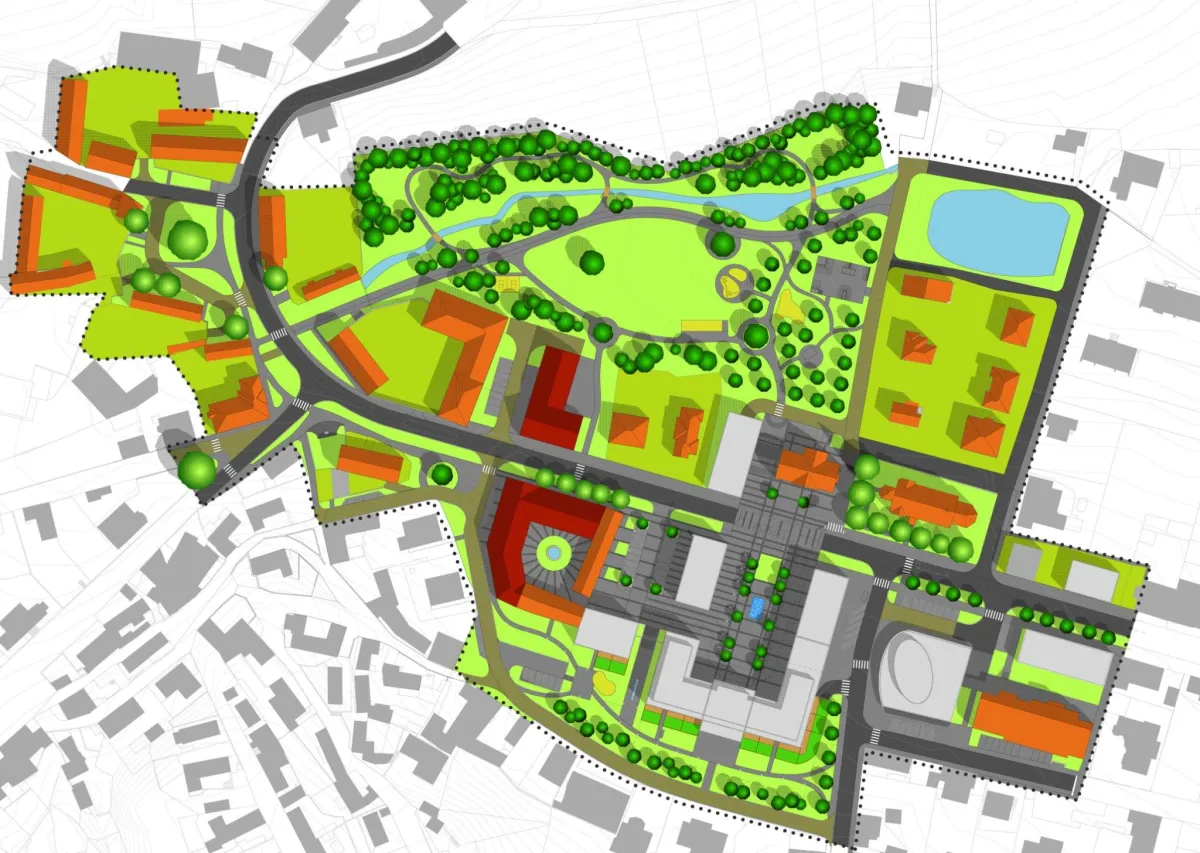
5. Final master plan
A detailed map and written plan are created. This becomes the guide for building projects over many years.
What types of projects need master planning?
Master planning isn’t just for big cities. In southwest Virginia, it’s used for:
• New housing neighborhoods in places like Botetourt County
•College and school campuses, including Virginia Tech and local high schools
•Business parks near I-81 and other major roads
•Downtown improvements in Roanoke or Salem
•Parks and recreation areas, including Smith Mountain Lake projects
Anytime multiple buildings, roads, and public spaces are involved, a master plan helps tie everything together.
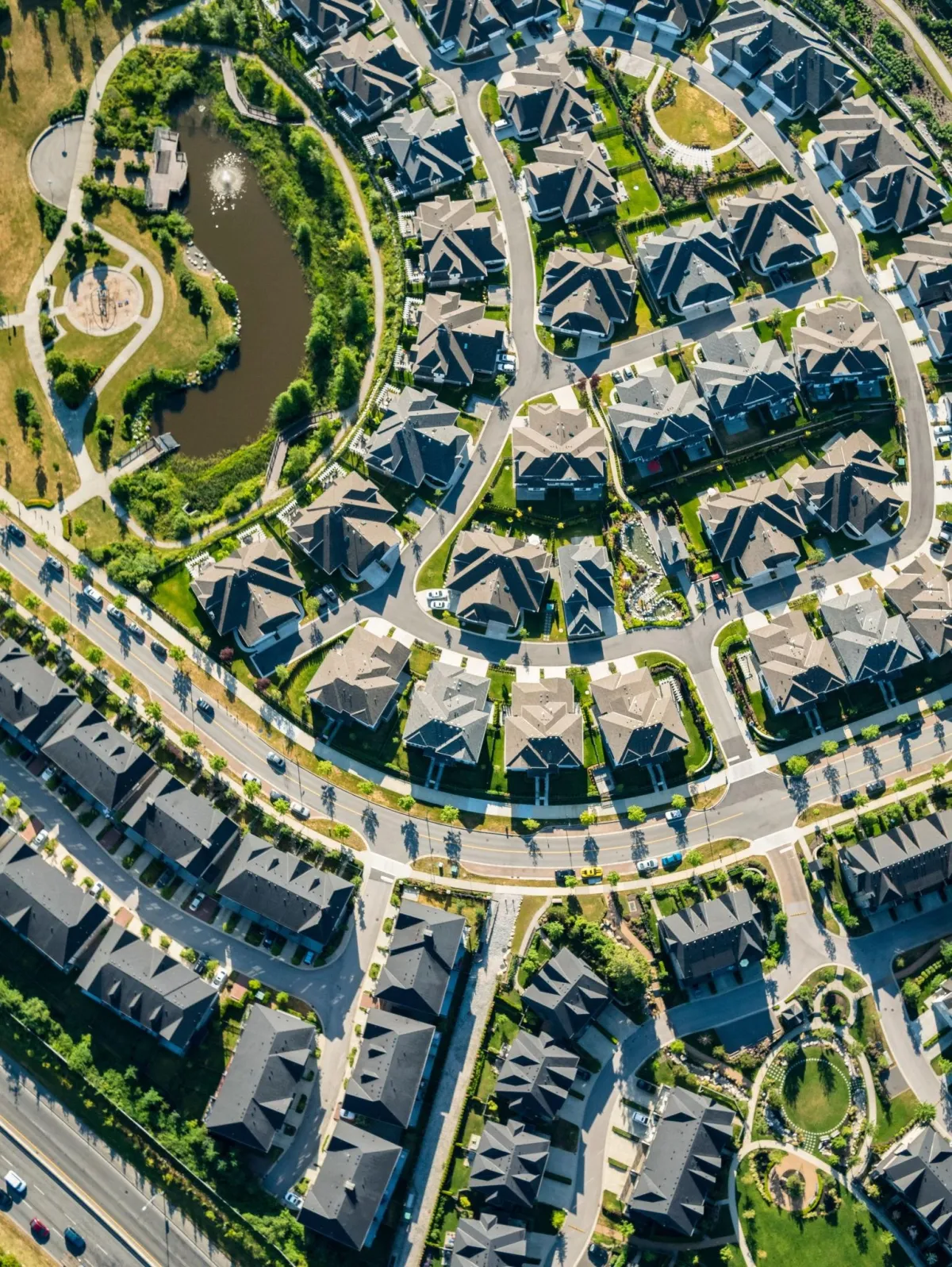
What makes a good master plan in southwest Virginia?
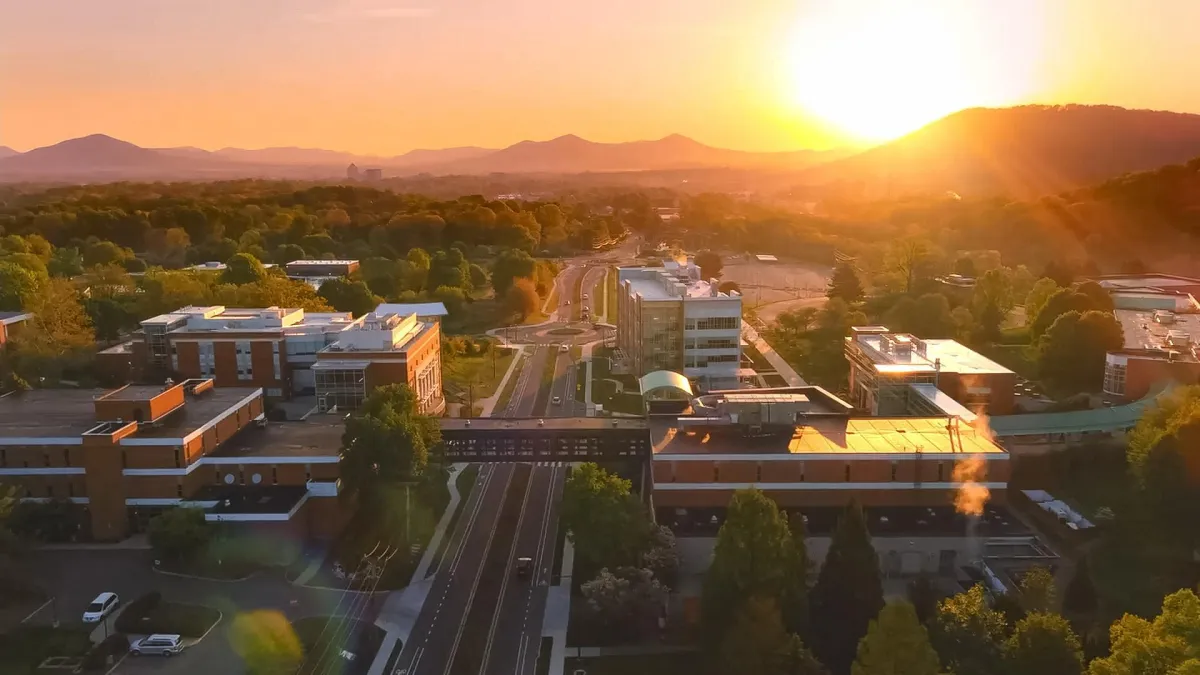
Because our area has mountains, valleys, and rivers, a good plan needs to:
1. Respect the natural land, avoiding flood zones and steep slopes
2. Use native plants that grow well in Virginia’s climate
3. Plan for winter snow and summer storms
4. Connect communities with sidewalks, trails, and greenways
5. Keep the small-town charm while allowing for modern needs
When should you hire an architect for master planning?
You should bring in an architect like TAS Design Inc. early in the process—before land is divided or buildings are designed. The best time is when:
- A community wants to shape growth for the next 10–20 years
- A developer is planning a new neighborhood or business park
- A town is updating zoning rules or downtown plans
- A school system is planning new campuses or expansions
Early planning avoids costly changes later and makes sure everything works well together.
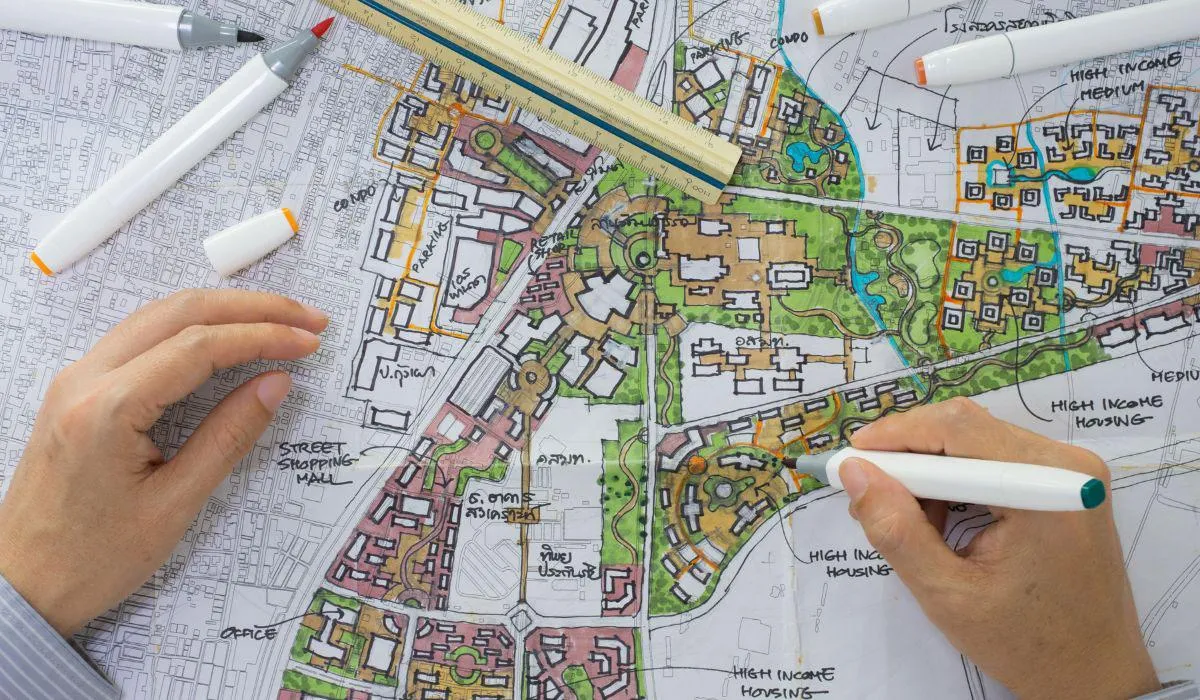
FAQ about Master Planning in Roanoke
Q: What’s the difference between a site plan and a master plan?
A site plan focuses on one property or building. A master plan looks at the whole area, including roads, utilities, and future growth.
Q: Do all new developments in Virginia need a master plan?
Not always. Small projects might only need a site plan. Larger projects with many buildings or mixed uses usually require a master plan.
Q: How long does a master plan last?
Most master plans guide growth for 10–20 years, but they can be updated as needs change.
Q: Who approves a master plan in Roanoke VA?
Usually the city council or county board reviews and approves master plans. Plans must also follow Virginia building codes and zoning laws.
More Articles From TAS Design
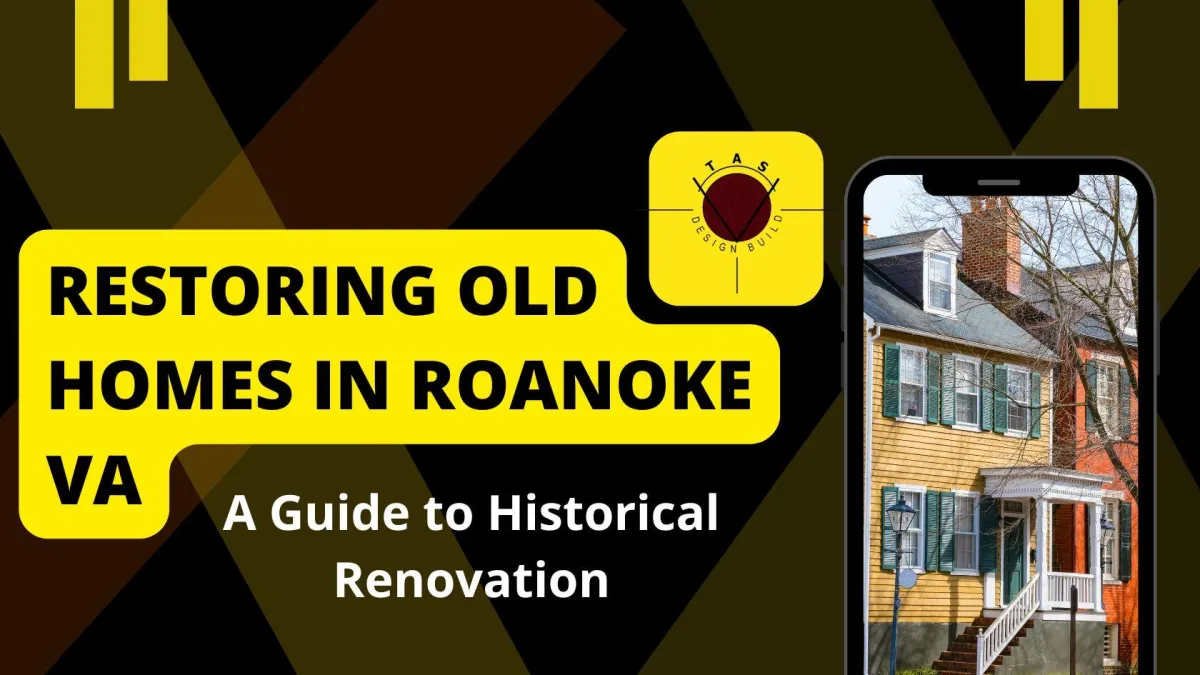

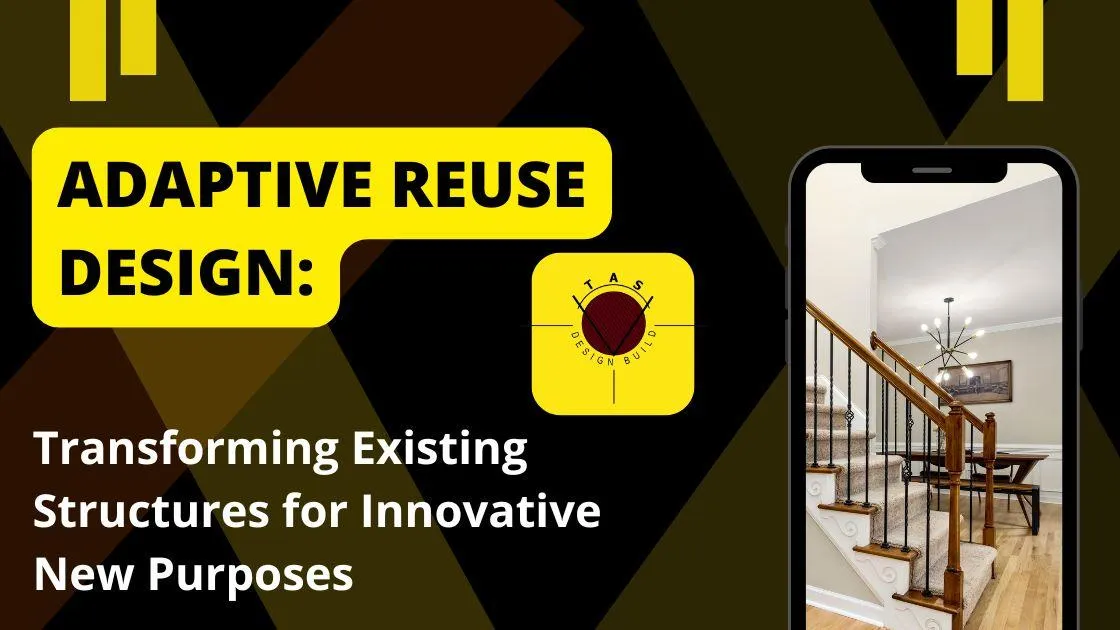
Contact Us
Office Hours
Social Media
Mon- Fri 8 am - 5 pm
Sat, Sun- Closed except by appointment





Contact Us
1 540-302-2593
2507 Bluff Road
Roanoke VA 24014
Office Hours
Mon- Fri 8 am - 5 pm
Sat, Sun- Closed except by appointment
